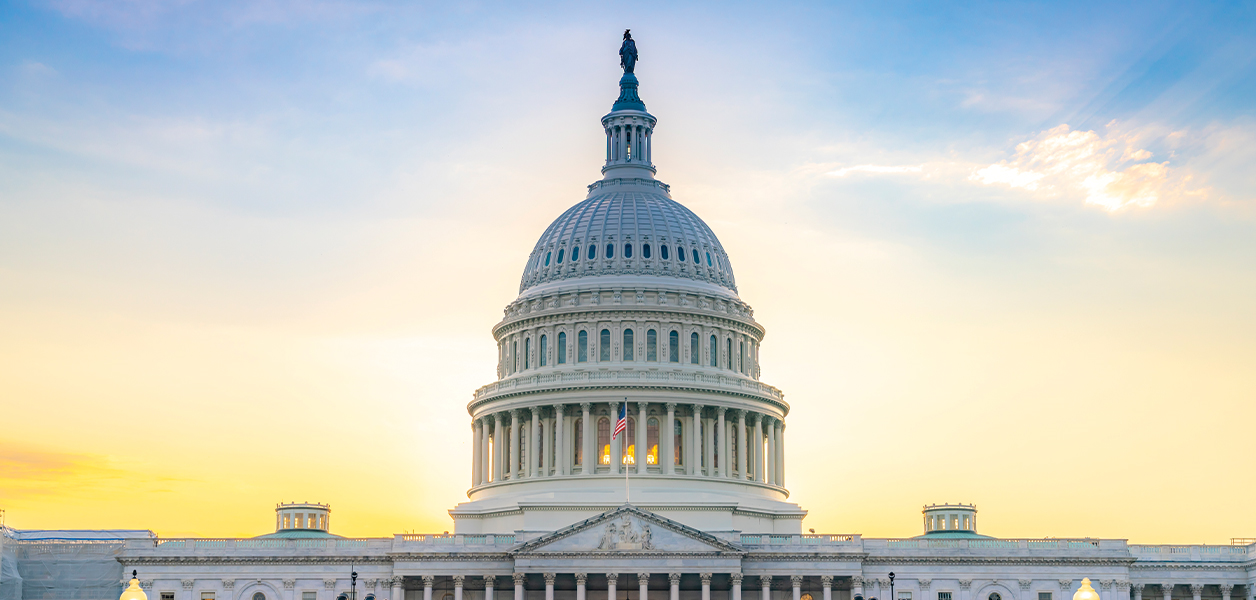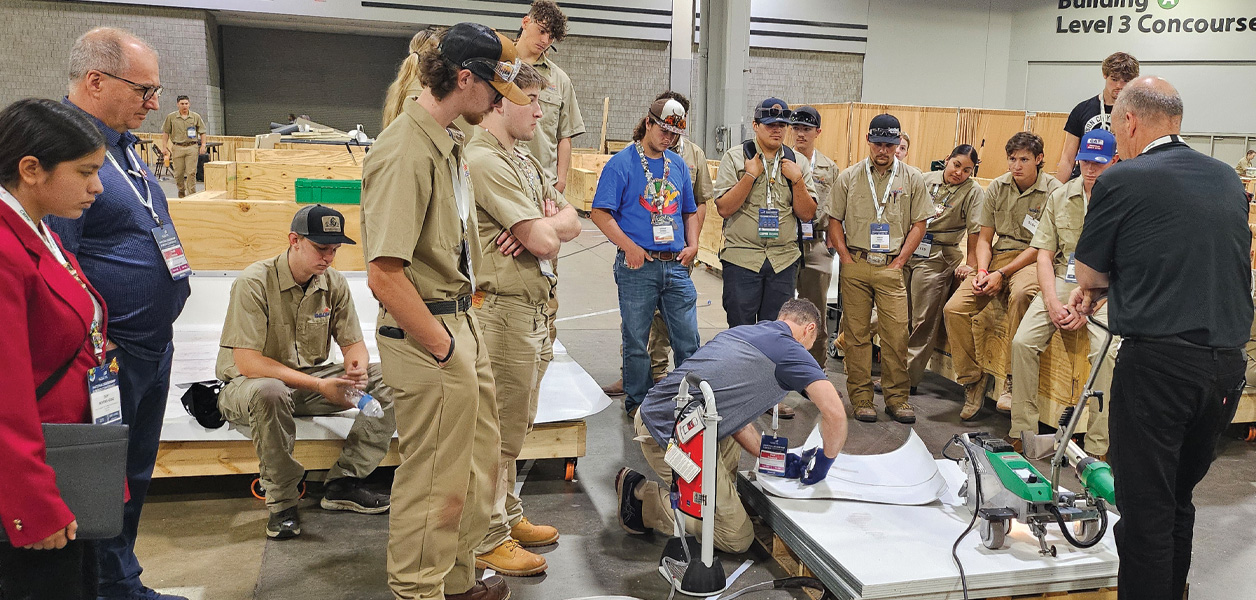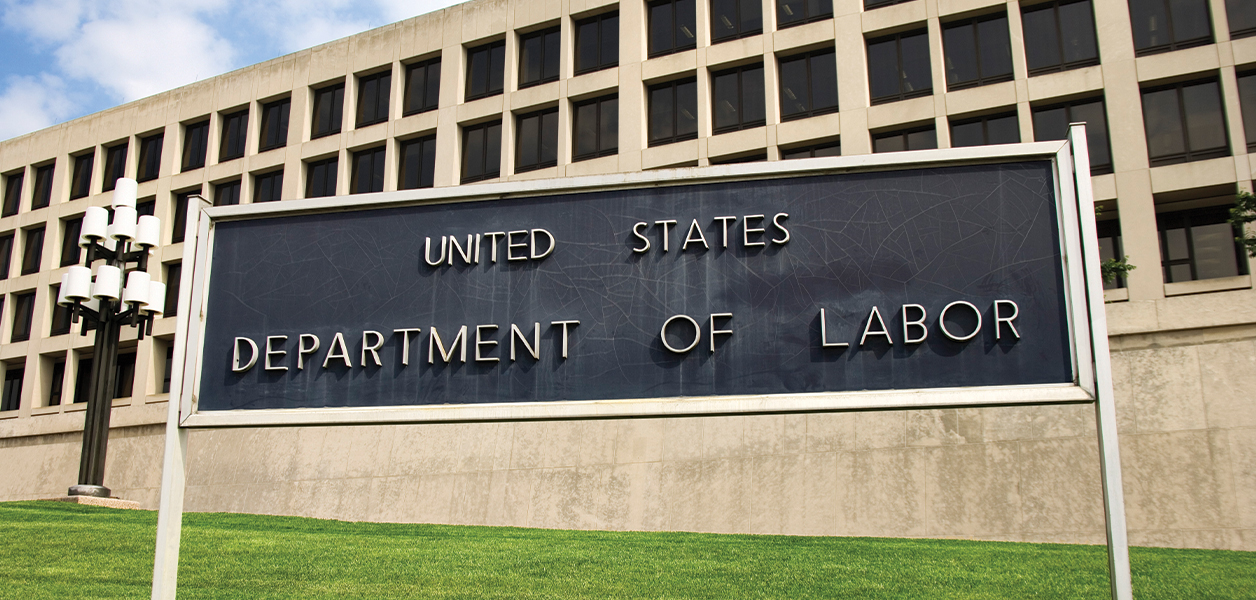Chamber of Commerce files lawsuit challenging H-1B visa proclamation
On Oct. 16, the U.S. Chamber of Commerce filed a lawsuit challenging the Trump administration’s proclamation imposing a $100,000 fee on new applications for employers who use H-1B visas to employ highly skilled workers from outside the U.S. The fee was contained in a Sept. 19 presidential proclamation for the stated purpose of addressing allegations of abuse within the H-1B program, which has received widespread opposition from affected industry sectors. The chamber’s lawsuit argues only Congress has the legal authority over the H-1B visa category and the fees associated with it, as established by federal law. The complaint states the large fee would inflict significant harm on employers who use the program to grow their business, forcing them to “either dramatically increase their labor costs or hire fewer highly skilled employees for whom domestic replacements are not readily available” and would “be a boon to America’s economic rivals.”
While roofing industry employers generally do not use H-1B visas, the outcome of the chamber’s lawsuit could have significant implications for the H-2B visa program, which NRCA members use to supplement workforce needs, as well as for immigration policy more broadly. Additionally, several members of Congress have also signaled opposition to the new fee for H-1B visas, and this development could prompt Congress to renew legislative efforts to address immigration reform.
Senate hearing reviews labor laws
On Oct. 22, the Senate Committee on Health, Education, Labor and Pensions held a second hearing to review potential reforms to the National Labor Relations Act and other federal employment laws. In his opening statement, Sen. Bill Cassidy (R-La.), chairman of the committee, said Congress has “an opportunity, and I’d say a responsibility, to bring stability to businesses, unions, and workers” through reform of federal labor law. “To do this,” he continued, “we have to build consensus on lasting changes that benefit all Americans.” The ranking minority member of the committee, Sen. Bernie Sanders (I-Vt.), stated average inflation-adjusted wages for workers have declined in the U.S. during the past 50 years despite gains in worker productivity, and to reverse this trend, it will be necessary to “protect and expand the right of workers to join a union.” The committee received testimony from witnesses representing industry associations, labor unions and universities who presented a broad array of policy recommendations for the committee’s consideration.
Federal government shutdown
The federal government remains mired in a shutdown of many nonessential functions that is now entering its fourth week. There appears to be little progress toward a compromise between Republicans and Democrats that could lead to a full reopening of federal agencies. Congressional Democrats continue demanding the inclusion of an extension of health care tax credits currently scheduled to expire later this year in any legislation to fund and reopen the government, while Republicans insist they will not negotiate regarding the health care issue until after Democrats provide sufficient votes needed to reopen the government. Although a resolution of the impasse does not appear imminent, some Republicans have indicated they recognize growing public support for addressing health care cost issues and are actively discussing possible legislative solutions that might ultimately lead to serious bipartisan negotiations.
Until Congress passes some type of short-term or long-term legislation to reopen the government, most federal agencies continue operating with only employees and functions deemed “essential” by the Trump administration. Most national security and law enforcement functions have been deemed essential and are operational.
International trade policy developments
President Trump predicted an upcoming meeting with his Chinese counterpart, Xi Jingpin, would yield progress regarding a trade deal with China. Such progress could forestall the need to impose 100% tariffs on most imports from China, as Trump recently threatened in response to China’s efforts to restrict the export of certain rare earth metals to the U.S. Secretary of the Treasury Scott Bessent is expected to meet with Chinese officials ahead of any Trump-Xi meeting to discuss a de-escalation of trade tensions between the world’s two largest economies. Additionally, President Trump finalized a trade deal with Australia aimed at increasing the U.S.’ access to rare earth and other critical minerals to counter China’s recent trade actions regarding rare earth. The pact with Australia will involve joint investments in mines and processing projects in Australia to boost production of commodities used in many types of advanced technologies and products manufactured in the U.S.
National Labor Relations Board to challenge California state law
The National Labor Relations Board filed a lawsuit aimed at blocking the California Right to Organize Act (AB 288), a recently enacted California law that expands the authority of the state’s Public Employment Relations Board, which currently oversees collective bargaining in the public sector, to hear certain unfair labor practice cases involving private sector employees. The California law allows the state board to undertake actions traditionally regulated under the exclusive jurisdiction of federal law in cases where the federal board fails to act within statutory time frames. The lawsuit is similar to another legal challenge the NLRB filed in New York in response to a new law enacted in that state, which also would significantly expand the state’s authority in labor relations that have been exclusively handled at the federal level. Proponents of the state laws indicate they are warranted given the federal board’s inability to take action to enforce federal law because of the absence of a quorum resulting from ongoing litigation and a lengthy Senate confirmation process involving President Trump’s nominations to the board.
Support ROOFPAC over drinks during NRCA’s fall meetings in Scottsdale, Ariz.
Join your roofing friends and colleagues for a sunset cocktail reception benefiting ROOFPAC on Tuesday, Oct. 28, from 5:30 to 7 p.m. at Outrider Rooftop Lounge in Scottsdale. Unwind with fellow industry leaders overlooking the stunning Camelback Mountain—all while strengthening the roofing industry’s voice on Capitol Hill ($175 per person/$275 per couple). Members of NRCA’s Political Insiders Council and Capitol Hill Club, along with their guests, receive complimentary admission. We thank Amrize—whose portfolio includes Elevate Commercial Roofing Systems, Gen-Flex, Duro-Last, Enverge, Gaco and Malarkey—for making this event possible. For more information or to register, please visit www.nrca.net/roofpac-fall-event. For any questions or to secure the couples’ rate, contact Teri Dorn at (202) 510-0920 or tdorn@nrca.net.





